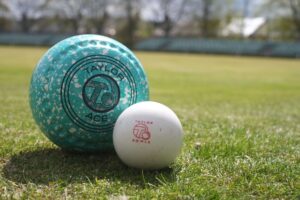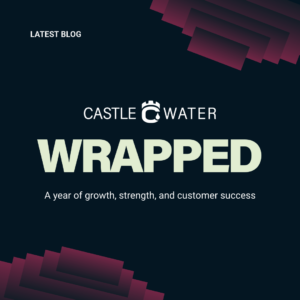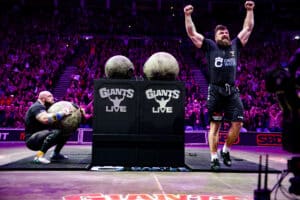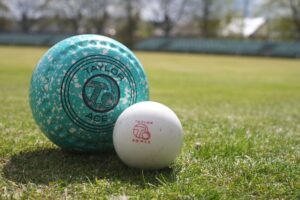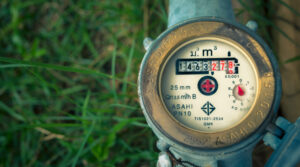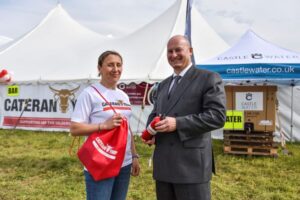Following our recent blog post on the 2024 Earth Day theme of Planet vs Plastics, we took a deep dive into where plastics were entering our water systems and what the largest contributors were.
In 2022, UNESCO reported that plastic waste contributes to around 80% of all marine pollution, and that the majority of plastic pollution in the ocean is caused by littering of disposable plastic items such as food wrappers or drinks bottles.
Net Zero Commitments in the UK
In November 2022, the UK joined the Net Zero Government Initiative, committing the UK to bring all greenhouse gas emissions to net zero by 2050. This means UK businesses need to make the conscious effort to adopt more sustainable practises in their operation. For manufacturers, this includes production and distribution activity.
For food and beverage manufacturing companies in the UK, this could include reducing the amount of plastic in product packaging and distribution or investing in recycled plastics and collection schemes.
Plastic pollution is a prevalent issue, and consumers are calling on the big players in the industry to make big changes and save our oceans. Here are just some of the things that the largest food and beverage companies in the UK are doing to reduce the effects of plastic pollution and leverage sustainable alternatives.
Powering Sustainability with Arla
Danish born Arla Foods are one of the UK’s largest suppliers of dairy products which have an imperative need for a packaging that can support the storage and transport of a product that can protect its quality and freshness. For many years, plastic bottles and tubs were the answer to this problem, but in a more sustainable world, Arla looking into alternatives.
Arla have committed to a climate goal of being completely carbon neutral by 2050. Part of this journey includes a switch to bio-based plastics to house their milk and yoghurt packaging which are recyclable, which in turn helps contribute to a more circular flow of plastics in society.
It’s not just the food products that have had a greener makeover. Arla have transformed their previously green milk crates to a black, 100% recycled plastic, saving 250,000 kilos of CO2 in its first year.
Hanne Søndergaard, Arla’s Executive Vice President of Sustainability and Chief Marketing Officer said: “A lot of our agenda is about making our packaging recyclable, but it’s also about moving away from virgin materials and using recycled or bio-based source material for our packaging.”
In 2023, Arla joined the Big Recycling Hunt, a campaign designed to educate consumers and their children about which daily items can be recycled and the means to do so.
Coca-Cola’s World Without Waste
The image of thousands of plastic bottles littering the UK’s beaches is one familiar to many, but how is The Coca-Cola Company, one of the world’s largest drinks manufacturers, combatting the fight against non-recyclable plastics?
Coca Cola’s World Without Waste is a sustainability campaign that launched in 2018 with three goals:
- To make 100% of all packaging recyclable globally by 2025 and use at least 50% recycled materials in their packaging by 2030.
- To collect and recycle a bottle or call for each one they sell by 2030.
- To bring people together to support a healthy, debris-free environment.
In 2022, it was reported that 61% of the equivalent bottles and cans Coca Cola introduced into the market were collected and refilled or collected for recycling. They have also invested in deposit return schemes and packaging recovery to allow more bottles to be collected and reused.
Coca Cola have also been working closely with tech partners for many years on their “PlantBottle”, a plant based plastic bottle that is made using MEG found in sugarcane and bPX produced using sugar from corn. This revolutionary bottle, once testing is completed, could completely change the face of plastic packaging forever.
McDonald’s – We’re Loving It
In 2018, McDonald’s launched their new “eco-friendly” paper straws initiative, which was found to actually be non-recyclable in the years that followed. A lot has changed since then, with the newly evolved recyclable straw launching in 2019 alongside the announcement that previously issued plastic straws were being given a new life as swimwear.
McDonald’s have led the efforts in fast-food sustainability by switching from predominantly plastic based packaging to paper, including their iconic brown paper bags, the removal of McFlurry plastic lids, and the straws.
By the end of 2022, McDonald’s were approximately 81.0% of the way toward their goal of sourcing 100% of our primary guest packaging from renewable, recycled, or certified materials. They have also reduced virgin fossil fuel-based plastic in Happy Meal toys by nearly 50% by offering more educational alternatives such as books and card games.
Getting drastic on plastic with Nestlé
As one of the largest food and beverage companies in the world, Nestle have been providing household staples to homes across the world for more than 150 years.
Nestlé have published the five key pillars that govern their efforts towards reducing plastic pollution:
- Reducing the use of plastic packaging materials in general, specifically those of virgin plastics
- Scaling of reuseable and refillable systems to eliminate the need for disposable packaging.
- Pioneering alternative packaging materials to facilitate recycling.
- Supporting infrastructure that helps to shape a waste free future.
- Rethinking behaviours of Nestle, retail partners and consumers.
Nestlé are founding members of The Plastic Pact, a collaboration between UK businesses, NGO’s and governments working towards four goals:
- Eliminate problematic or unnecessary single-use packaging through redesign, innovation or alternative (reuse) delivery model.
- 100% of plastics packaging to be reusable, recyclable, or compostable
- 70% of plastics packaging effectively recycled or composted.
- 30% average recycled content across all plastic packaging.
The theory behind the five pillars and The Plastic Pact is that the food and beverage products made and distributed by Nestle will use more sustainable packaging options. Quality Streets twist-wrapped chocolates, a Christmas favourite in many UK homes, moved to recyclable paper packaging instead of the previously used foil and cellulose wrappers.
As part of their commitment to reduce their use of virgin plastic, Kit-Kat wrappers will be made with 80% recycled plastic which can be recycled at 4,000 supermarkets throughout the UK.
Everyone Must Do Their Bit
With large multi-national manufacturers taking the weight of initial heavy investment in development of sustainable packaging, the knock-on effect, in theory, is that smaller businesses will be able to apply the technology at more accessible costs.
There are several funding opportunities available for UK Based businesses to turn to greener practices. Get in touch with your business bank and local council to find out what funding or advice is available to you to reach your sustainability targets for 2024 and beyond.
Sustainability at Castle Water
This year, we’re celebrating 10 years of Castle Water. We’re committed to achieving Net Zero by 2023 through a combined operational and serviced-based approach. We’re investing in low emissions vehicles. 100% of our fleet passenger vehicles are electric, and 80% of our commercial LGV and HGV vehicles converted to alternative fuels to cut carbon and air pollution. Our water saving strategies tackle leaks and help our customers to save water. We’re targeting to reduce our process emissions by up to 60% from our 2018-19 baseline by 2023. Working with our energy suppliers we will reduce our emissions and the carbon intensity of the electricity we use.

